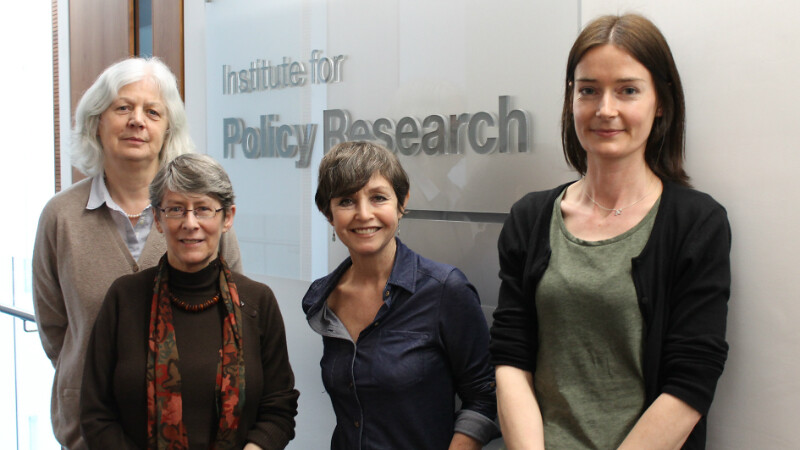A new project led by the Institute for Policy Research (IPR) at the University aims to investigate the impacts of the new Universal Credit system for couples with children.
Universal Credit is a new, working age benefit replacing six existing means-tested benefits and tax credits with a single monthly payment per individual claimant or couple.
First legislated through the Welfare Reform Act 2012 as a means to simplify the benefits system and to ‘make work pay’, Universal Credit is scheduled to be fully implemented to around 7-8 million households by 2022-23. Currently there are around 800,000 recipients of Universal Credit.
Understanding the impact of Universal Credit
Under the new system, the distinction between being in work and out of work has been removed and most claimants, including many partners in couples with dependent children, have work conditionality requirements. Couples claiming Universal Credit jointly will also receive the payment as a single award, paid monthly into an individual or joint account.
The aim of this new ESRC-funded project is to examine what effects these changes have on couples making decisions about work and care and managing household finances. The three-year research study will involve in-depth interviews with a sample of 75 low-income couples with dependent children across England and Scotland.
Project lead, Professor Jane Millar from the IPR and Department of Social & Policy Sciences explained: “Universal Credit is a major change to the system that will affect 8 million households. We’re particularly interested in understanding what it means for couples with children.
“The aims of Universal Credit are about simplifying the existing welfare system, making work pay and improving options for part-time work. But making that all work in practice may be more complicated.
“Through this project we’ll examine whether this is a smoother system in practice and what this means for families with children and the decisions they take.”
Improving Universal Credit for couples with children
Collaborator, Fran Bennett from the Department of Social Policy & Intervention at the University of Oxford, added: "Introducing Universal Credit - with its dual aim of alleviating poverty and making work pay - is a complex policy challenge for the Government.
"We want our findings to provide new insights that can help better inform policy makers working in this area on the practicalities and realities of making this new system work for all."
The research team also involves Rita Griffiths and Marsha Wood from the IPR.

